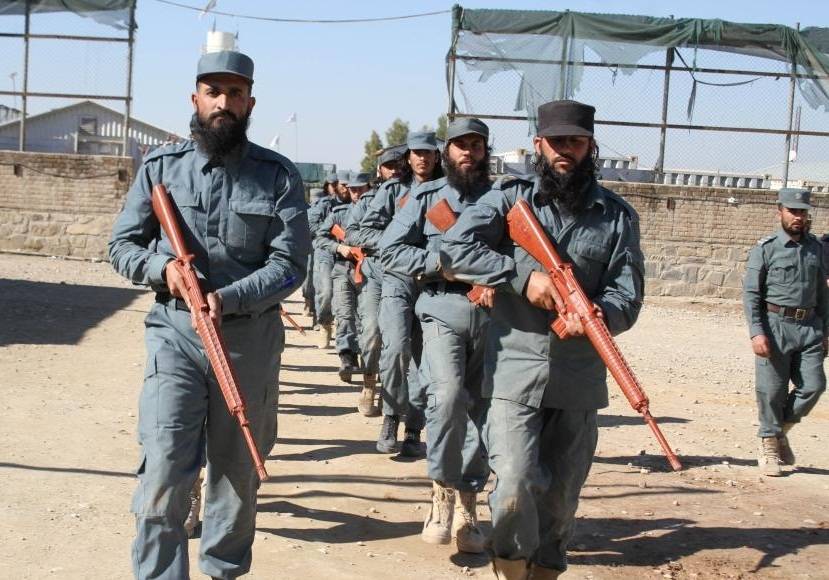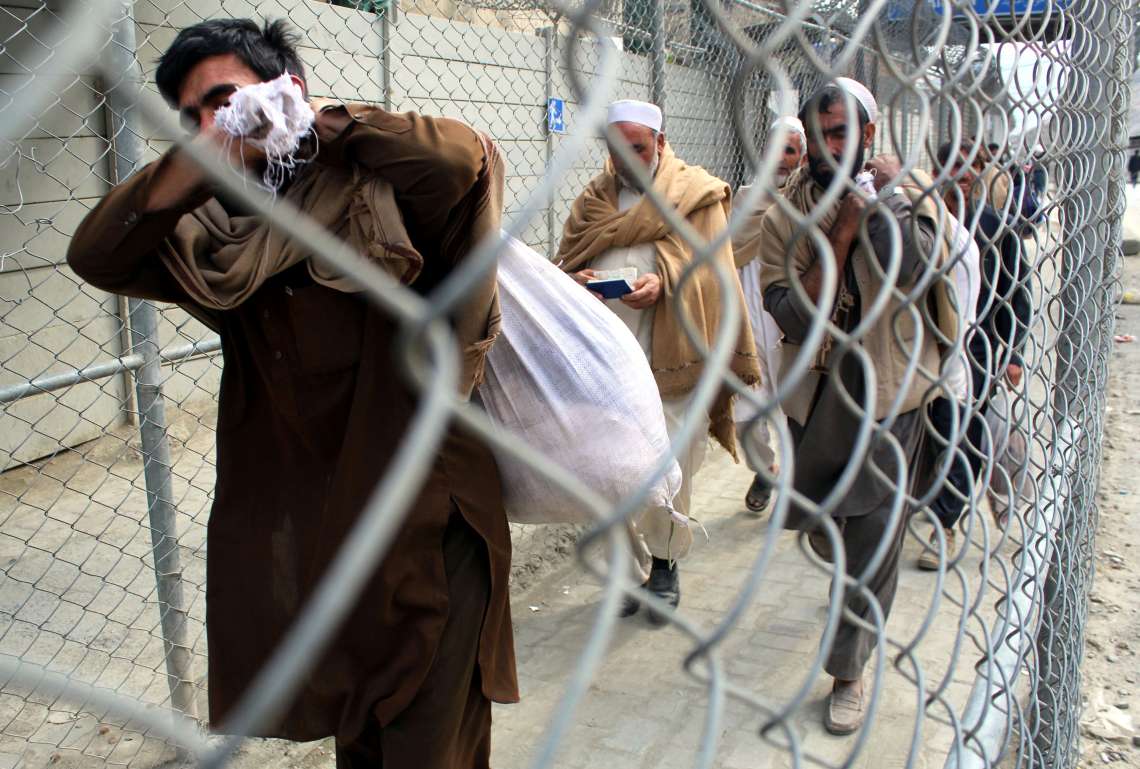Human Rights Watch (HRW) has reported that the summary killings and enforced disappearances have taken place despite the Taliban’s announced amnesty for former government civilians…reports Asian Lite News
The mysterious killing of former Afghan national security forces continues despite the general amnesty announced with the reemergence of the Taliban to power in August 2021, The Khaama Press News Agency reported citing independent sources.
Under the announcement made by the Taliban after the takeover of Kabul, all Afghan military personnel who served for different security entities of the previous regime were barred from being detained, tortured, or imprisoned, the Afghan news agency said.
However, Human Rights Watch (HRW) has reported that the summary killings and enforced disappearances have taken place despite the Taliban’s announced amnesty for former government civilian and military officials and reassurances from the Taliban leadership that they would hold their forces accountable for violations of the amnesty order.
In the weeks before the Taliban overran Kabul, revenge killings, including targeting government officials, were already increasing in major cities and along key highways.
The Taliban, through their intelligence operations and access to employment records that the former government left behind, have identified new targets for arrest and execution.
Earlier in November, the HRW report documented the summary execution or enforced disappearance of 47 former members of the Afghan National Security Forces (ANSF)–military personnel, police, intelligence service members, and paramilitary militia–who had surrendered to or were apprehended by Taliban forces between August 15 and October 31, 2021.
The report focused on Ghazni, Helmand, Kandahar, and Kunduz provinces, but the cases reflect a broader pattern of abuses reported in Khost, Paktiya, Paktika, and other provinces.
This report was based on a total of 67 interviews, including 40 in-person interviews conducted in Ghazni, Helmand, Kunduz, and Kandahar provinces.
Human Rights Watch’s research indicates that Taliban forces have killed or forcibly disappeared more than 100 former security force members in just these four provinces in the three months since their takeover of Kabul, the Afghan capital, on August 15. They have also targeted family members of former security force members. (ANI)













